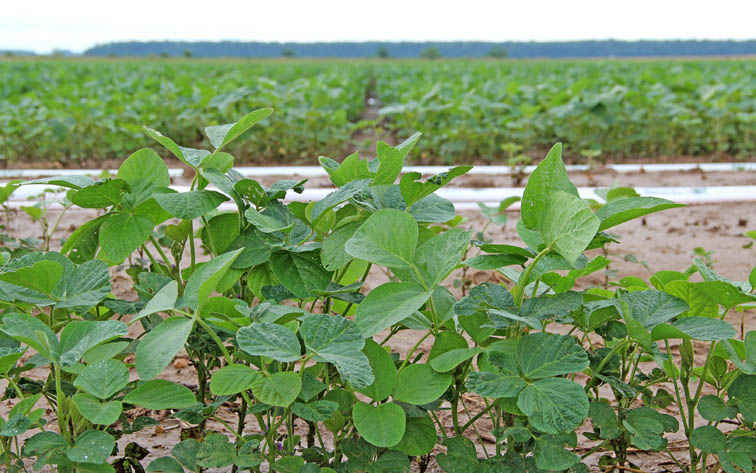June 25, 2012

The scientific community needs to make a 10-year, $100 billion investment in food and energy security, says Carnegie’s Wolf Frommer and Tom Brutnell of the Donald Danforth Plant Science Center in an opinion piece published in the June issue of The Scientist. They say the importance of addressing these concerns in light of a rapidly growing global population is on par with President John Kennedy’s promise to put man on the moon—a project that took a decade and cost $24 billion.
“Today, we face growing and economically empowered nations, energy-intensive global economies, and major shifts in global climate that together constitute the perfect storm for agriculture.,” Frommer and Brutnell say. “Yet plant-science research has been underfunded for decades—and funding is projected to shrink.”
In 2012 the United Nation’s Food and Agriculture Organization estimated that about 920 million people lack sufficient food to meet suggested daily caloric intake goals. Furthermore, the FAO estimates that food production will have to rise 70 percent by 2050 as the world population continues to expand.
The only way to address this pending problem, Frommer and Brutnell say, is to use scientific research to boost crop yield and fight plant pathogens. Plant science can also develop plants with a diminished the need for fertilizers and water, as well plants that can produce sustainable biofuels. What’s more, in addition to improving food and energy security, upping investments in agricultural science can contribute to increased social and political stability in developing nations. In order to accomplish this, however, the United States must commit greater resources to funding plant research.
“In an overpopulated, food-limited world we will inevitably witness more social unrest and, potentially, food and climate wars,” Frommer and Brutnell say. “The U.S. must seize the opportunity now to build on its tremendous strength in agriculture and reverse the current path of reduced spending and investment. If we do nothing, we may return to our pre-1776 role as colonists who simply provide food to more strategically minded nations.”
You May Also Like




